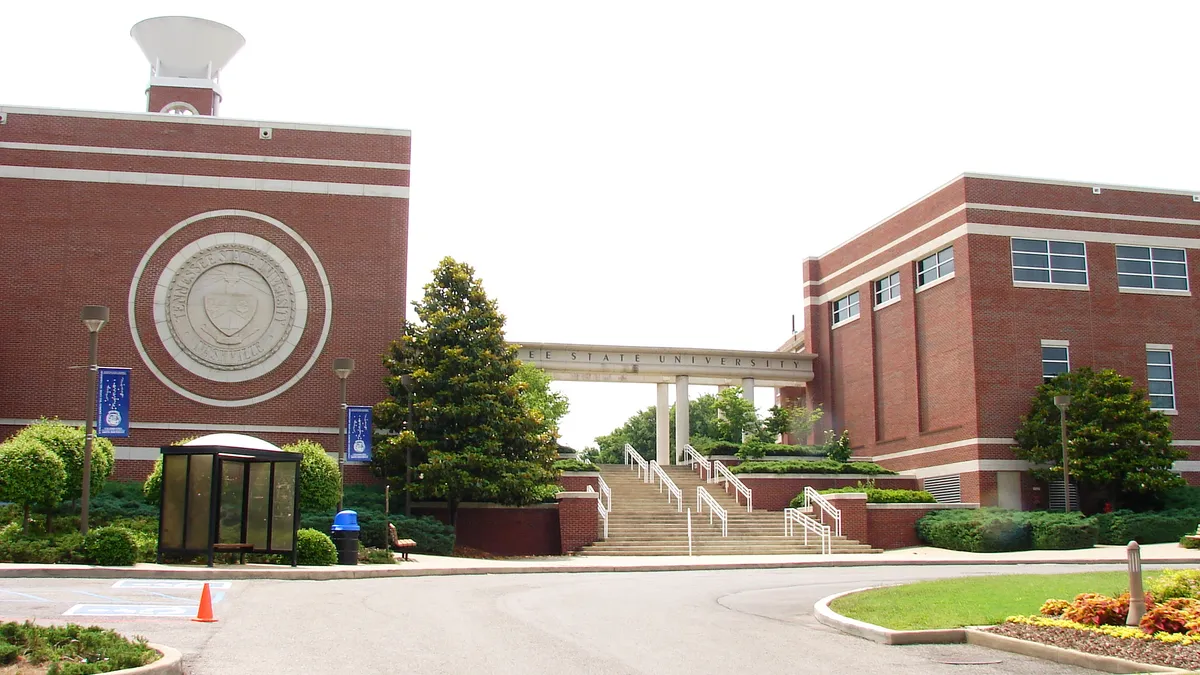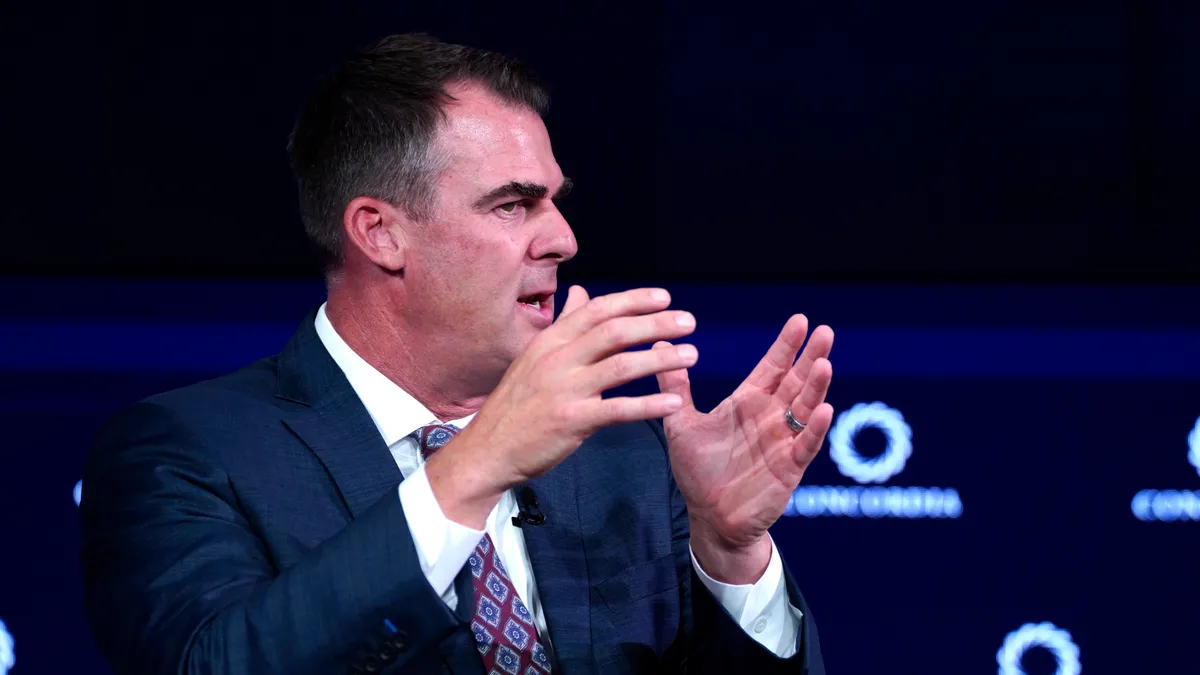Dive Brief:
- Inside Higher Ed reported on the growing state of confusion for institutions offering online degrees, as federal rules will soon require them to prove they are authorized to operate in all states where students are enrolled. Many school officials said the rules are ambiguous and may require colleges to make significant investments in researching and implementing degree and professional licensure connectivity.
- A common complaint about the rules is a lack of clarity on differences in state authorization requirements. Authorization is not tied to actual residency, thus putting a student taking classes in one state but with formal residency in another state in a gray area and forcing a college to follow rules without strict outlines.
- There is case law on how this ambiguity can impact professional outcomes for students. "Iowa's attorney general, for example, sued Ashford University in 2014 over allegations that the university told prospective students its online degree would qualify them to teach in Iowa when this was not in fact the case," reported Inside Higher Ed.
Dive Insight:
The State Authorization Reciprocity Agreement covers all states with the exception of California and Massachusetts and currently is the only agreement which brings schools closer to clarity on distance degree offerings. But the larger issue for presidents and provosts will be the stipulations on professional licensing in careers like teaching, nursing, social work and other programs which require certain academic credentials for full licensure.
Because the U.S. Department of Education has crafted a culture of deregulation and reduced spending for federal compliance, the likelihood is that these rules will either go unenforced or changed to incline states to accept out-of-state degrees as acceptable credentials. In the meantime, provosts should consider using accreditation status, their own in-state certifications, and passage rates on national licensing examinations as a support package for the handful of students who earn degrees beyond state borders.













